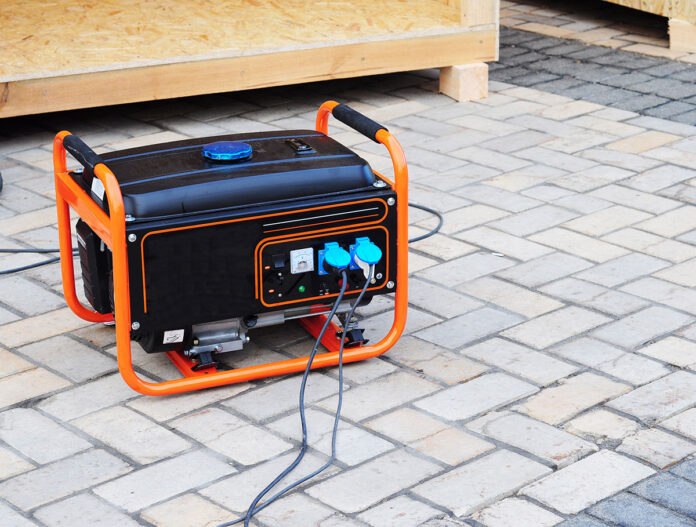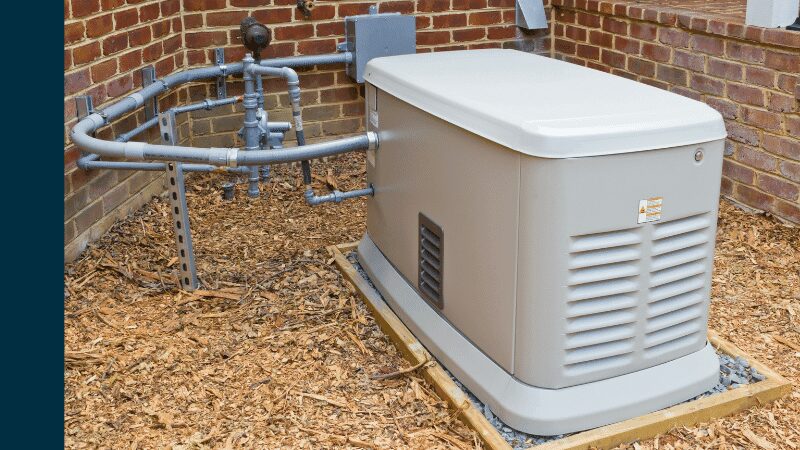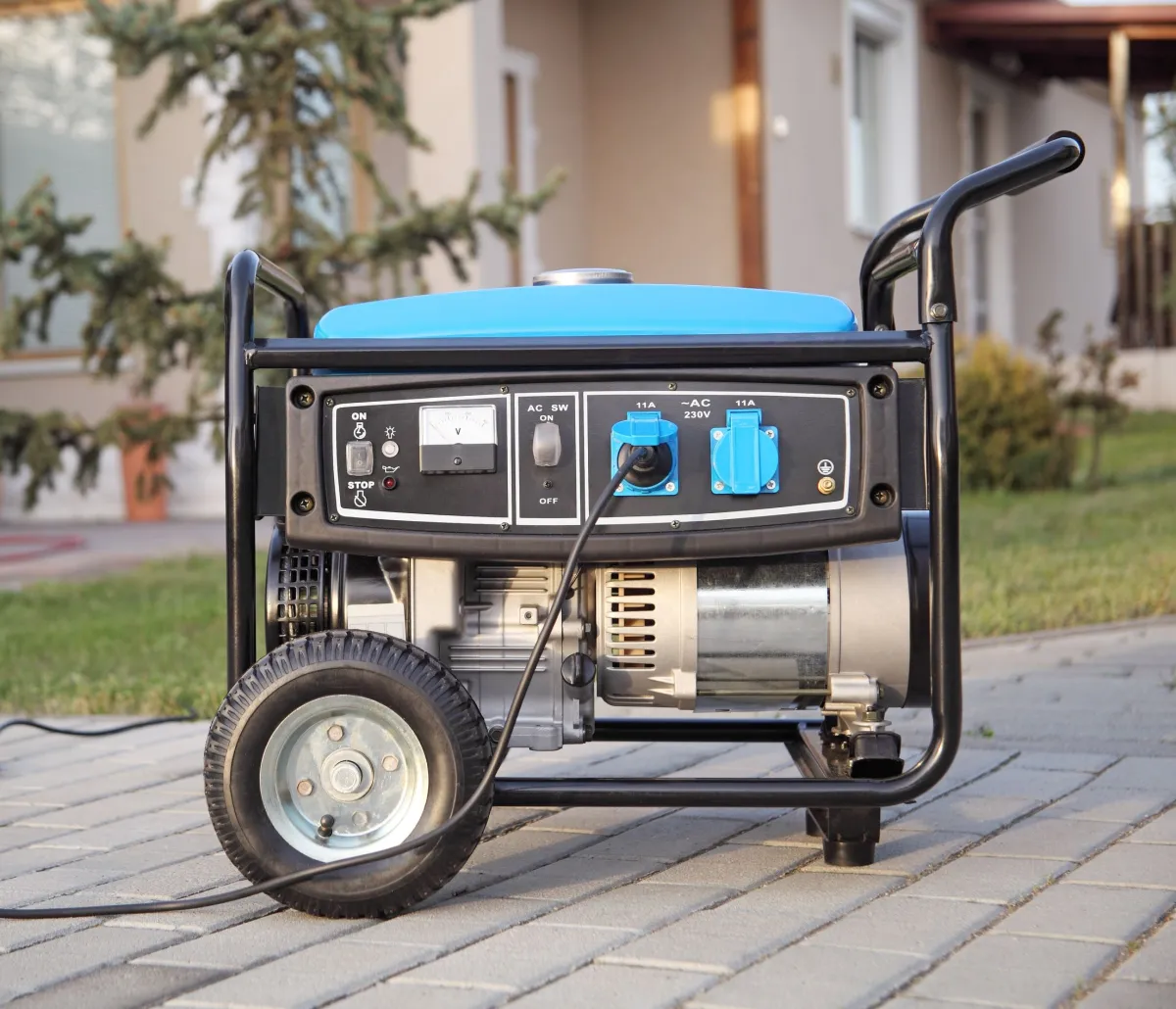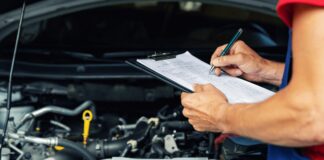
Selecting the ideal generator for your home AC unit is essential to maintaining its comfort. A reliable generator can provide comfort and assurance during power outages by keeping your air conditioning running and keeping a comfortable climate within your home.
There are various factors to consider when deciding which generator is best for your household needs. So, let’s explore what you should look out for.
For a helpful guide on determining the right generator size for your air conditioning needs, check out Hurliman Heating & Air Conditiong’s resource here.
What to look for in a generator

Before buying a new generator, take into account these considerations:
- Power output: This is the most critical consideration. You should calculate the total power requirements of your home, especially the AC unit, as they consume significant power. The generator you select should be able to meet these power needs.
- Fuel type: Generators run using different fuel types — diesel, natural gas, propane or gasoline. Each is unique in terms of cost, availability and environmental impact — make sure the one you choose meets your preferences and your location’s availability.
- Run time: Consider how long the generator can run continuously. A generator with a longer run time would be beneficial if you live in an area with frequent or lengthy power outages.
- Noise level: Generators can be loud. To minimize noise pollution or lessen its effect on sensitive ears, look for one with sound-dampening features.
- Size and portability: Depending on where you plan to install or store your generator, size and portability can be a significant factor. Some generators come with wheels for easy movement.
- Cost and maintenance: Initial purchase cost, fuel consumption rate, and maintenance cost are essential to consider. While some generators may be cheaper to buy, they may end up costing more in the long run due to higher fuel consumption or maintenance needs.
- Safety features: Look for safety features like automatic shutdown on low oil levels and overload protection. These features protect your generator and your home from potential damage.
Other considerations when choosing a generator

Beyond the key factors we’ve just discussed, there are several other considerations that you should factor in when choosing a generator for your home AC. These include:
- Warranty and after-sale services: A good warranty can provide peace of mind with your purchase. Look for a warranty covering a substantial period, including parts and labor costs. Additionally, consider the manufacturer’s reputation for customer service and the availability of service centers near your location.
- Automatic transfer switch: An automatic transfer switch (ATS) enables the generator to start operating when it detects a power outage, providing seamless power transition. This feature is particularly useful if you travel frequently or are not always home to start the generator manually.
- Fuel storage and safety: Depending on the generator’s fuel type, you will need suitable storage facilities. For instance, propane and diesel require special storage tanks. Know the safety regulations in your area and have a plan for safe fuel storage and handling.
- Energy efficiency: Energy efficiency can have a huge impact on the cost of running a generator. An energy-efficient model may save you money in the long run even if it costs a bit more upfront; to assess its efficiency, look at its fuel consumption rate under various loads.
- Weather protection: If your generator will be located outdoors, ensure it has adequate protection against the elements. Look for generators with weather-resistant enclosures to protect against rain, snow, and dust.








